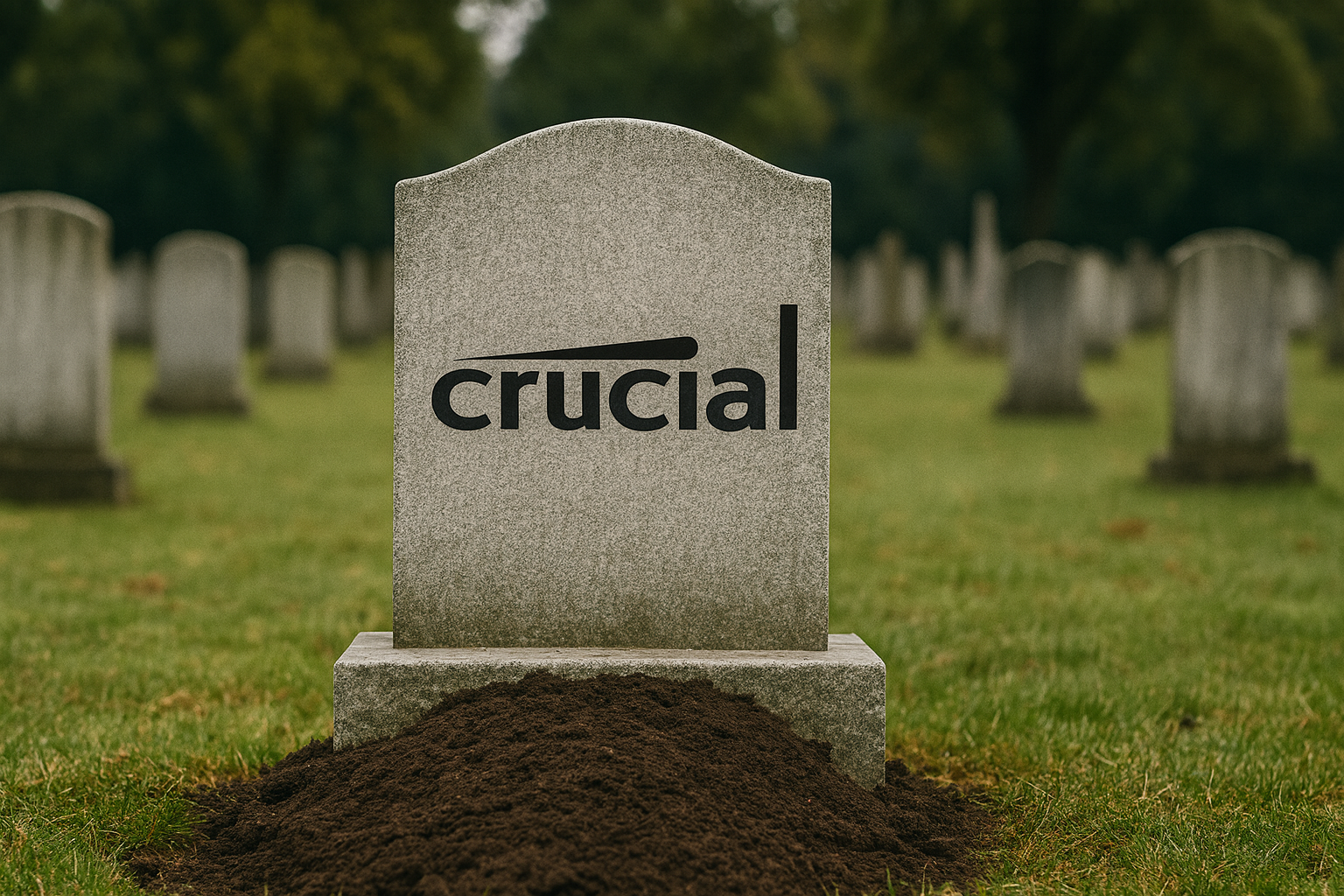
Crucial brand to disappear as Micron shifts focus to AI data center memory
Micron has announced that it’s shutting down its Crucial consumer business, ending one of the most recognizable names in SSDs and RAM upgrades. The memory giant says it will stop shipping Crucial branded consumer products by the end of February 2026, but support and warranties will continue for a while after then.
Micron says the decision reflects the shift toward data center demand, which is growing rapidly as AI drives a surge in orders for high performance memory and storage. The company will continue selling Micron branded enterprise hardware and focus its manufacturing and engineering resources on commercial clients.
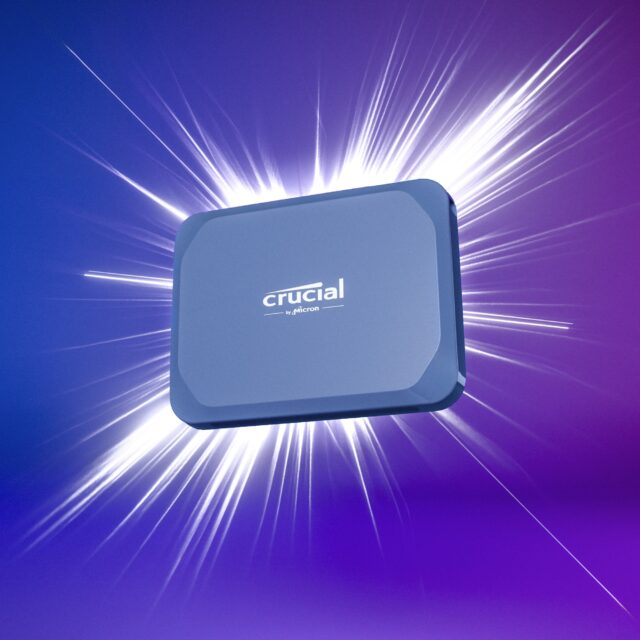
Crucial unveils blazing fast T710 Gen5 SSD and massive 8TB X10 portable drive
Micron is making some serious noise at Computex 2025 with the launch of two new Crucial SSDs. The newly unveiled T710 Gen5 NVMe SSD and X10 Portable SSD offer the kind of speed and storage capacity that demanding users have been waiting for.
The T710 is an absolute beast. Crucial is claiming up to 14,900MB/s read speeds and 13,800MB/s write speeds, making it the fastest drive it’s ever released. Random performanceis off the charts, folks. We’re talking over 2 million IOPS. That kind of speed means faster game loading, snappier project rendering, and real-time responsiveness for complex tasks. There’s even an optional heatsink if you’re planning to push it hard.
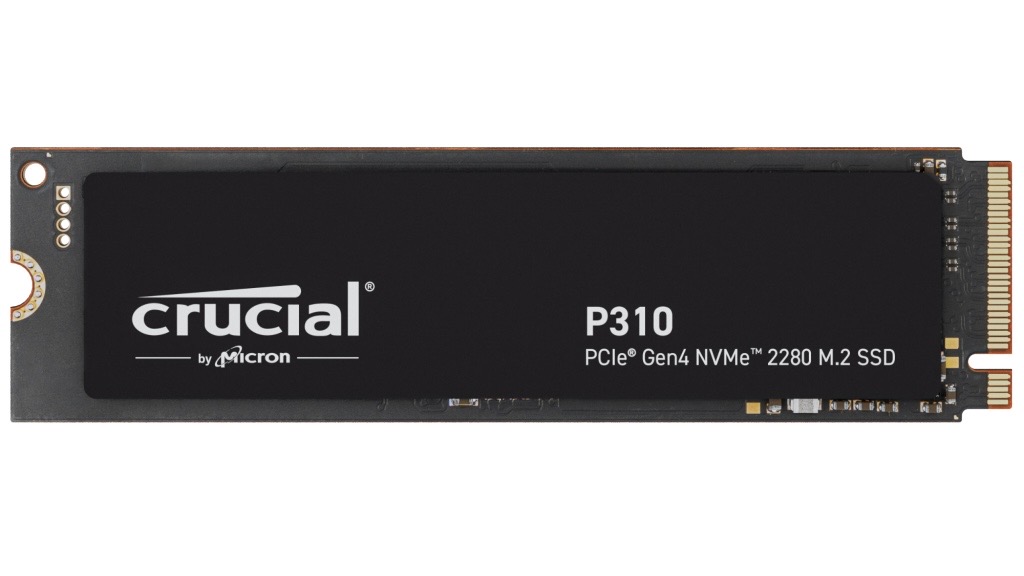
Micron unveils Crucial P310 2280 Gen4 SSD with up to 7,100MB/s read speeds
Micron has announced the launch of its Crucial P310 2280 Gen4 NVMe SSD, a high-speed solid-state drive that aims to bring gaming-level performance to a wider range of users, including students, creatives, and gamers. The new SSD offers a big speed boost compared to previous models, delivering up to two times faster performance than Gen3 SSDs and offering a 40 percent speed improvement over Micron's Crucial P3 Plus.
The Crucial P310 2280 boasts read speeds of 7,100MB/s and write speeds of 6,000MB/s, making it a strong option for those who rely on fast data transfers, boot times, and application performance. Available in capacities up to 2TB, it offers plenty of storage for heavy users without requiring a steep investment.
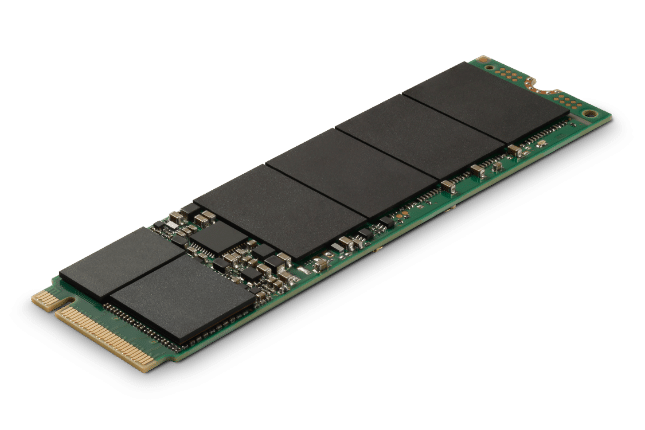
Micron introduces first PCIe Gen6 SSD for data centers
Micron has announced the development of the first PCIe Gen6 SSD technology aimed at data center ecosystems. This initiative is part of a broader portfolio designed to meet the increasing demands of AI applications.
Raj Narasimhan, Senior Vice President and General Manager of Micron’s Compute and Networking Business Unit, is scheduled to discuss the significance of data in AI at the Flash Memory Summit (FMS). His keynote, titled "Data is at the heart of AI: Micron memory and storage are fueling the AI revolution," will take place on Wednesday, Aug. 7, at 11:00 a.m. Pacific time.
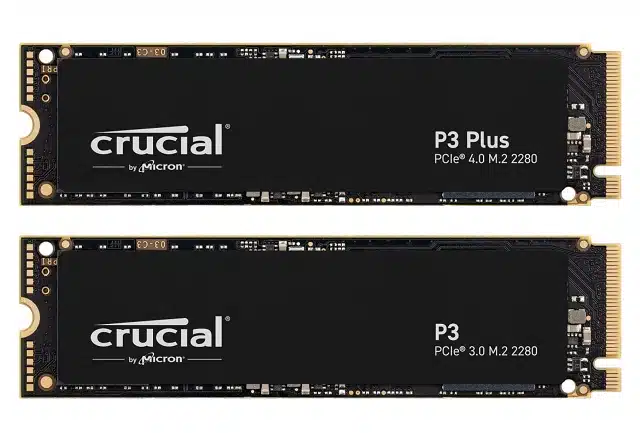
Crucial launches affordable P3 and P3 Plus M.2 PCIe SSDs
So, you need a PCIe M.2 solid state drive for your laptop or desktop and you aren't sure what type to buy, eh? Well, while your computer should support PCIe 5.0 SSDs and below, the performance will be determined by your machine's PCIe type. In other words, a PCIe 3.0 M.2 slot can only achieve PCIe 3.0 speeds at best -- even if you install a PCIe 4.0 or 5.0 SSD. And so, it usually doesn't make sense to spend a premium for a drive that is rated higher than your computer.
Today, Crucial (a subsidiary of Micron) officially launches its P3 and P3 Plus M.2 PCIe solid state drives. Both affordable SSDs come in capacities ranging from 500GB to 4TB and use Micron's 176L 3D NAND, but they have a big difference between them. You see, the "Plus" designation indicates that the drive uses PCIe 4.0 as opposed to the "regular" P3 that uses PCIe 3.0. As a result, the P3 drive achieves read/write speeds up to 3500MB/s, while the superior Plus variant gets read/write up to 5000MB/s.

Micron kills Crucial Ballistix
Crucial Ballistix is officially dead. Yes, folks, Micron has decided to kill this popular line of PC memory for gamers and enthusiasts. In a surprisingly nonchalant announcement, the company simply says the Crucial Ballistix product line has reached "end-of-life." This will surely be a gut-punch to many PC builders.
Teresa Kelley, Vice President and General Manager, Micron Commercial Products Group explains, "We remain focused on growing our NVMe and Portable SSD product categories, which both offer storage solutions for PC and console gamers. Additionally, Crucial JEDEC standard DDR5 memory provides mainstream gamers with DDR5-enabled computers with better high-speed performance, data transfers and bandwidth than previously available with Crucial Ballistix memory."
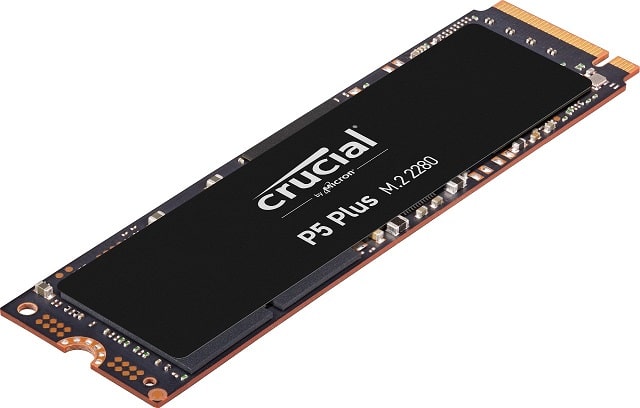
Micron launches insanely fast Crucial P5 Plus PCIe 4.0 3D NAND NVMe M.2 SSD
The transition to PCIe Gen4 is in full effect, with more and more computers and motherboards having the new standard. Whether or not the user truly needs the benefits of PCIe 4.0 is debatable, but it is still cool regardless. After all, it is important to continually push boundaries.
One of the best aspects of PCIe 4.0 is faster solid state drives. For instance, today, Micron unveils the latest such SSD from Crucial. Called "P5 Plus," the PCIe Gen4 M.2 SSD is insanely fast. The drive features 6600MB/s read speed across all capacities. The 1TB and 2TB capacities offer 5000MB/s write speed, while the 500GB variant offers 3000MB/s.
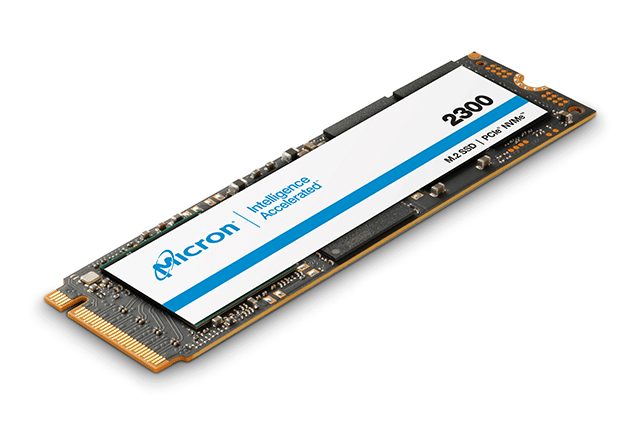
Micron launches 2210 and 2300 M.2 NVMe PCIe consumer solid state drives
Solid state drives are exploding in popularity thanks to their performance benefits and ever-increasing affordability. If you are still using a mechanical hard disk drive, there is probably no better upgrade you can make than moving to an SSD. You won't only see a boost in artificial benchmarks, but in actual usage too -- it is an upgrade you can truly feel.
Micron has two new solid state drives that are aimed towards consumers. Called "2210" and "2300," the former uses QLC flash, while the latter uses TLC. So while both are M.2 NVMe PCIe SSDs, the 2300 will be faster, while the 2210 should be cheaper. Both can be had in capacities of 512GB, 1TB, and 2TB, but the 2210 is also offered in 256GB.

Micron unveils 2200 PCIe NVMe SSD
Last month, Micron released a solid state drive designed for consumers. Called "1300," it used the SATA interface, meaning it was slower than the much faster NVMe drives many enthusiasts crave these days. Offered in both 2.5 inch and M.2 form factors, it would make a good drop-in for consumers looking to upgrade.
Today, Micron unveils yet another SSD, but this time, it uses the speedy NVMe interface. The "2200," as it is called, will mostly be sold to computer manufacturers, but it could show up for direct retail for end-users too. It can be had in your choice of three capacities -- 256GB, 512GB, and 1TB. You can also opt for self-encrypting variants if that is important to you. And yes, it will work in NVMe enclosures, such as this excellent one from Plugable.
